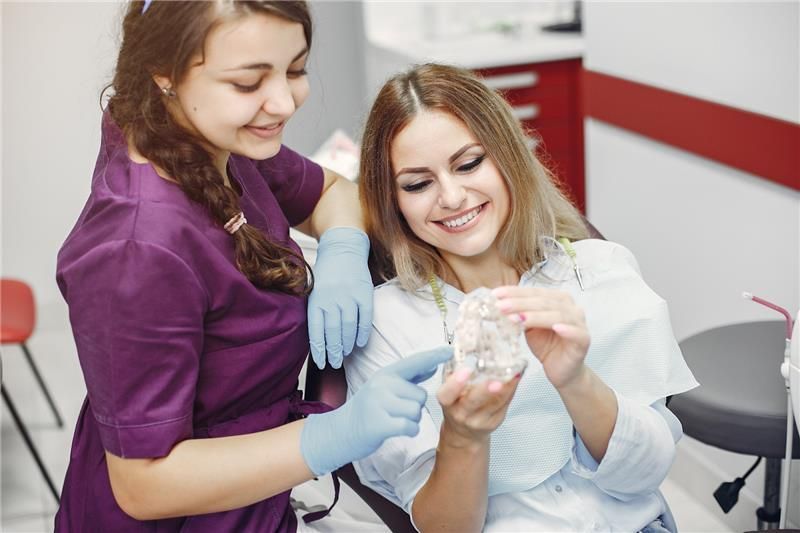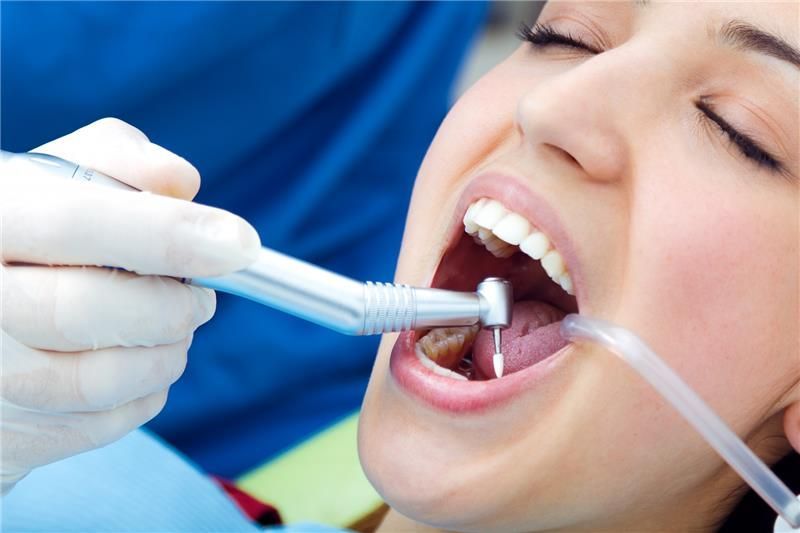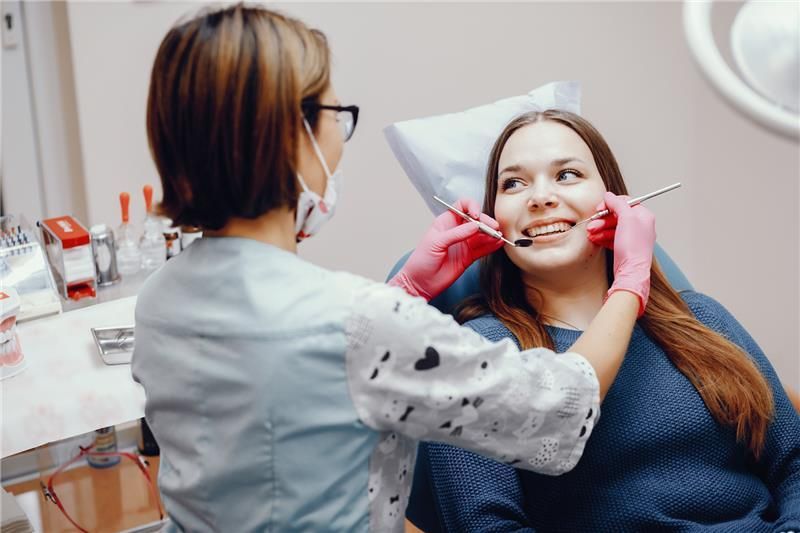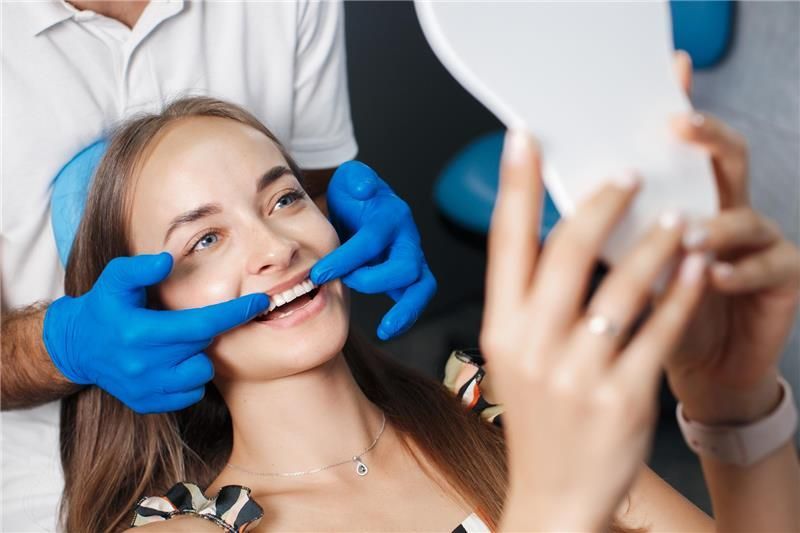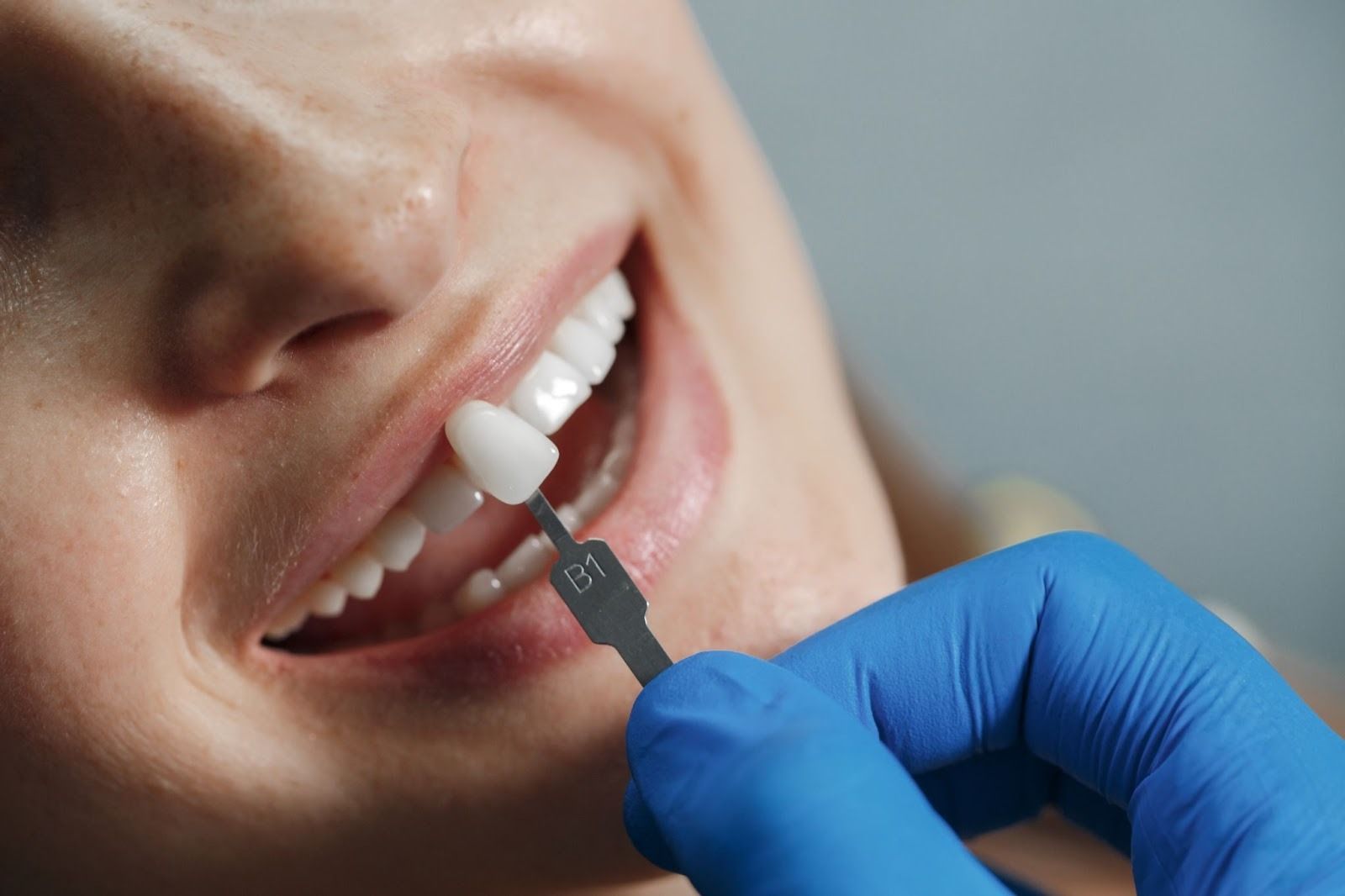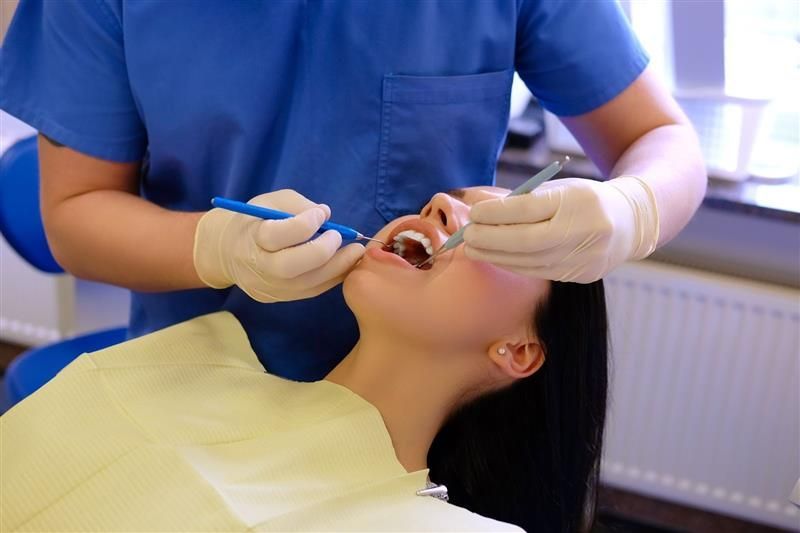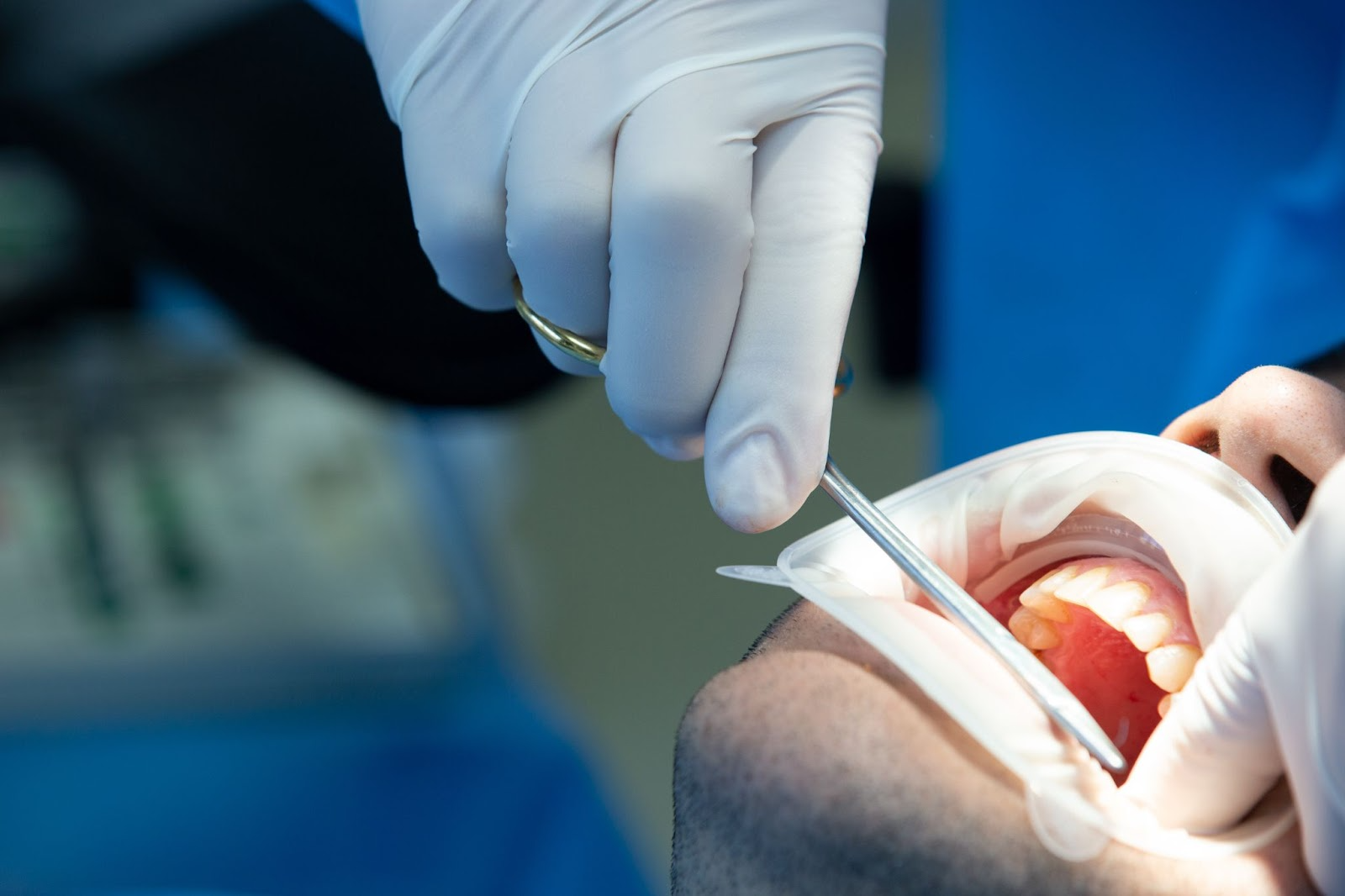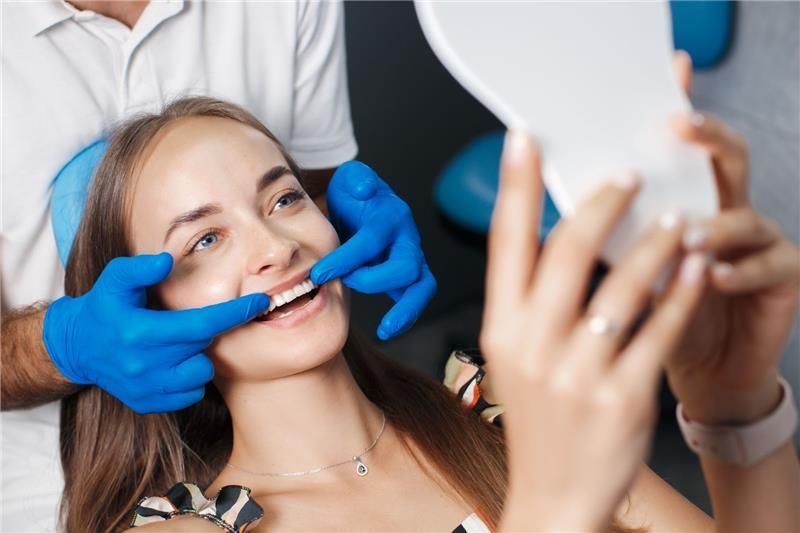Daily Habits That Spoil Your Teeth | Park Dental BK
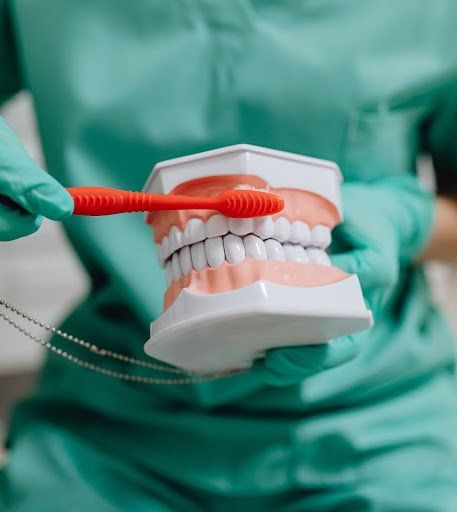
You might think that brushing your teeth twice a day and flossing is a great way of cleaning your teeth , but there are other things that can affect your dental hygiene. On a daily basis, there are so many things we do intentionally and unintentionally that cause damage to our teeth.
These habits are not good for your teeth and gums as they cause serious damage to them. Food and beverage related habits that harm the teeth are common knowledge but there are some not so obvious habits too.
Let’s look at these habits that cause damage to your teeth and gums.
Nail Biting
Nail biting not only affects your health and the quality of your nails, it also affects your teeth. Biting your nails for a long time causes cracks and chipping of teeth. If done for a long time, it can also lead to jaw dysfunction.
While biting your nails, your teeth are positioned in an unnatural angle and push your jaw out of line. Biting your nails can also lead to diseases as you introduce harmful bacteria into your mouth.
Brushing Teeth Too Hard
Brushing your teeth twice a day might help you maintain your dental hygiene but brushing too hard can cause enamel erosion. People believe that aggressive brushing removes plaque from teeth but it leads to gum problems and bleeding.
The American Dental Association recommends that the best way to clean your teeth is by brushing them for two minutes with a soft bristled toothbrush. You should massage your teeth gently with wide strokes and not scrub them.
Sucking Thumb or Fingers

Sucking thumbs or fingers is a common occurrence in children below the age of five. However, if the habit continues even after 5, it can leave them with misaligned teeth. If your child is over 5 and still sucking on their thumb, it would be wise to take them to a pediatrician and let them help you out.
The habit of sucking on their thumb can lead to major dental problems. It can affect your gums and teeth growth leading to misalignment that can even lead to injuries.
Alcohol and Smoking
Consumption of alcohol and smoking cigarettes, cigars and even vapes have harmful effects on your general health. However, that’s not it, they also affect your teeth and gums. Smoking can lead to many gum diseases, bad breath, and oral cancer.
Alcohol consumption leads to dehydration and reduced saliva flow which causes dry mouth. This leads to an increased risk of tooth decay and gum diseases. Saliva helps in keeping mouth bacteria free. The absence of it causes bacteria to affect the enamel and increase chances of tooth decay.
Using Teeth As Tools

We often find ourselves in situations where we have to use our teeth for one thing or the other. Some people may use their teeth to open packages or bottles. However, this is not safe as it can injure your jaw and crack teeth.
In The End
Brushing your teeth vigorously is not the right way to get better teeth and oral hygiene. You can switch to a soft bristled toothbrush and gently massage your teeth to clean them. Another beneficial practice is to visit your dentist for timely check ups.
Regular checks with your dentist will allow you to understand your teeth better and help you maintain them properly. Visit our team of expert dentists at Park Dental Care Brooklyn and get the best care for your gums and teeth with the help of our wide range of services.